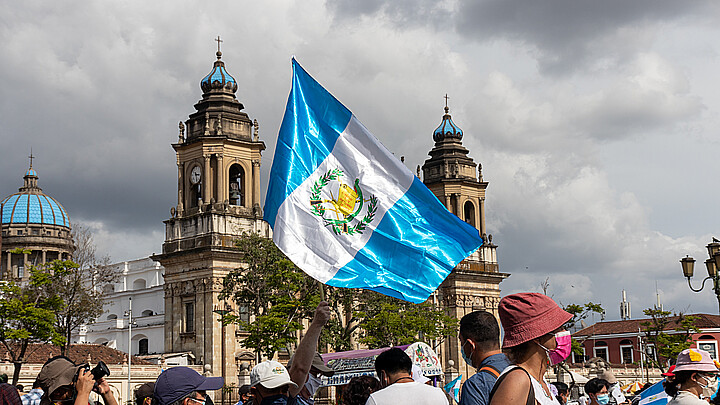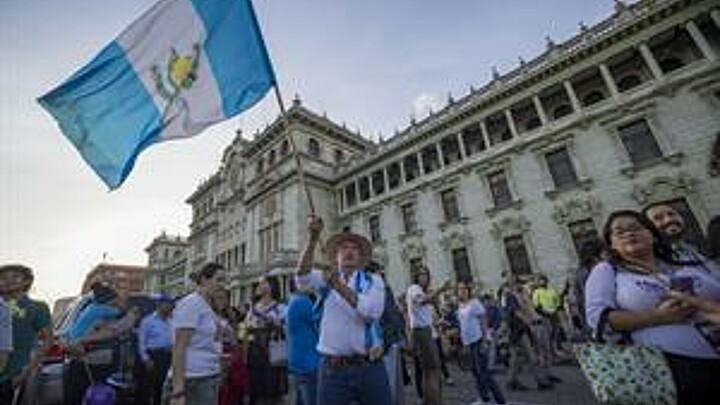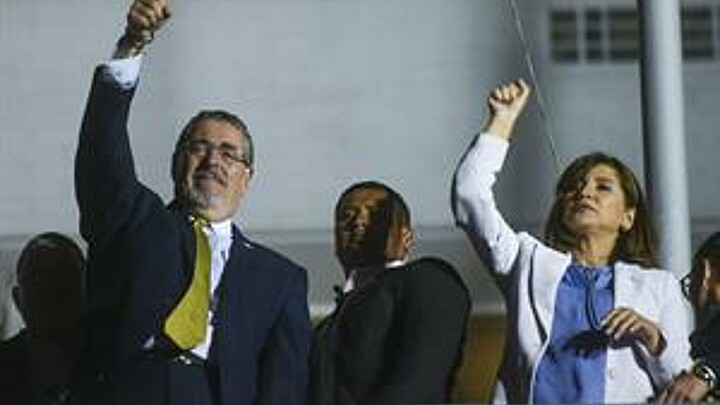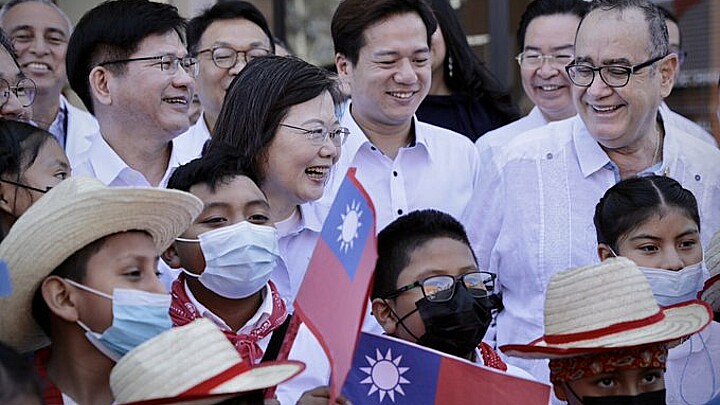Politics
Guatemala to head to run-off elections with leftist candidates in lead
The preliminary results indicate that former first lady Sandra Torres of the center-left National Unity of Hope (UNE) party and Bernardo Arevalo of the leftist Seed Movement were in the lead

June 26, 2023 8:01am
Updated: June 26, 2023 8:01am
Preliminary results from Guatemala’s presidential election on Sunday suggest that there will be a second round of voting on August 20 between two leftist candidates.
As of early Monday morning, around 70% of the votes had been counted, according to the Supreme Electoral Tribunal. The preliminary results indicate that former first lady Sandra Torres of the center-left National Unity of Hope (UNE) party and Bernardo Arevalo of the leftist Seed Movement were in the lead.
However, neither of the two candidates reached the necessary 51% of the votes needed to win the election in the first round. Both Torres and Arevalo received under 20% of the votes.
Other popular candidates among the more than 20 in the presidential race received between 6% and 8% of the votes.
Torres, the ex-wife of former president Alvaro Colom, told reporters that she was ready to face her opponent, whoever it may be. “God willing, to be Guatemala's first woman president,” she added. This is Torres' third presidential campaign. She finished second in the previous two presidential elections.
“The results are the exhaustion of the people with the traditional political class,” Arevalo said as he watched the results from the central voting computation center. Arevalo, the son of former president Juan Jose Arevalo, said he was surprised at the early results of the election, given that he had not been among the leading candidates in recent polls.
The elections come as Guatemalan voters have been concerned over corruption, which has increased under current President Alejandro Giammattei, and a shift towards authoritarianism.
Over the past few months, three candidates were barred from running, including businessman Carlos Pineda, anti-corruption campaigner Thelma Cabrera of the Indigenous Mam, and Roberto Arzu, a right-wing candidate from a prominent political family. The United States and the European Union criticized the exclusion of Pineda, calling the decision an “electoral fraud.”
After being barred from participating in the elections, the candidates asked their supporters to cast null ballots. Nearly one in four ballots were spooled or left blank.










